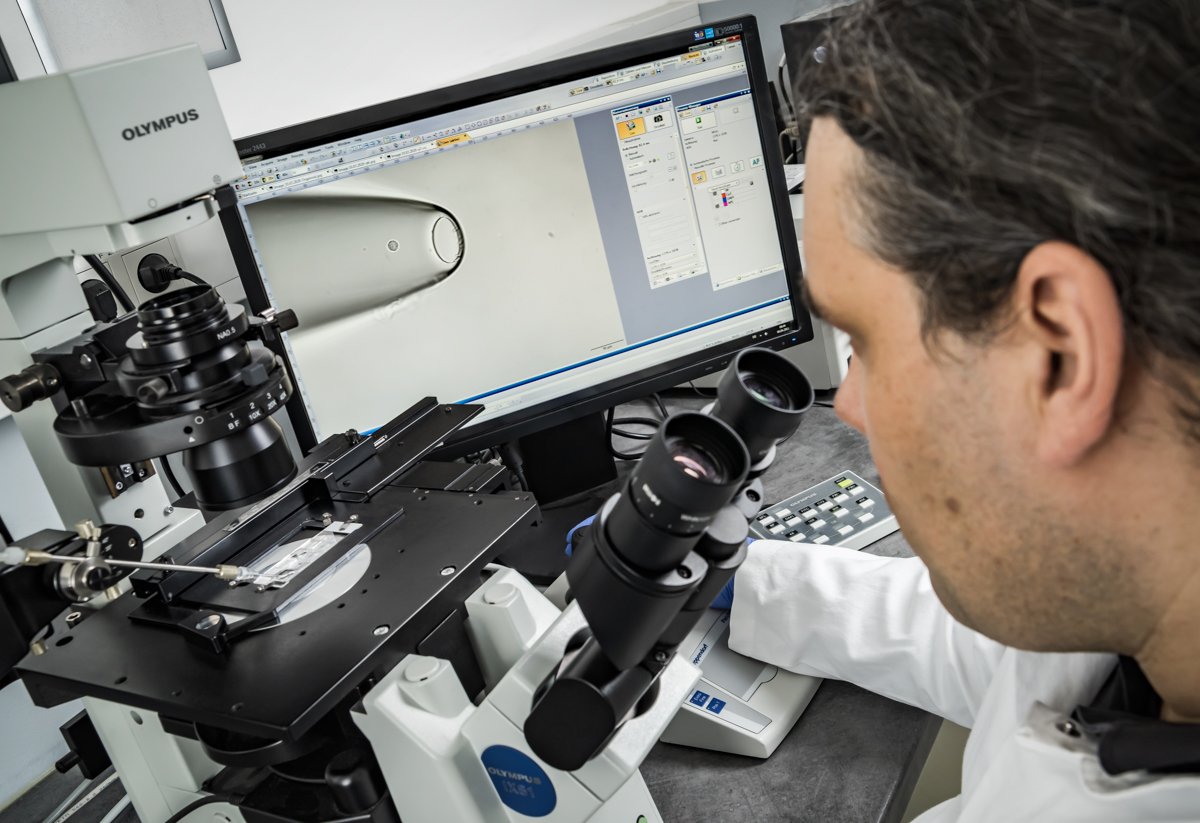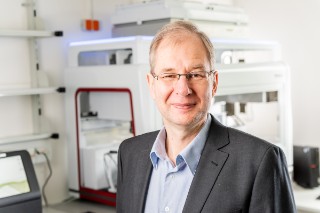Detection of mutations relevant for treatment decisions
Detection of specific genetic mutations in cancer-associated genes is a prerequisite for the use of numerous targeted therapies. Therefore, knowing the mutation profile of a tumor is a valuable resource when it comes to making the right treatment decision. The FDA-approved MSK-IMPACT assay with its more than 400 cancer-associated genes offers a low-cost approach here. Disseminated and circulating tumor cells differ from the primary tumor. It is thus important for diagnosis and disease monitoring to also screen these cells for mutations and assess their impact. This is why Fraunhofer ITEM researchers in Regensburg, in collaboration with colleagues from the University of Regensburg and the company quantiom bioinformatics, have adapted the IMPACT approach for use with single cells.
 Fraunhofer Institute for Toxicology and Experimental Medicine
Fraunhofer Institute for Toxicology and Experimental Medicine
